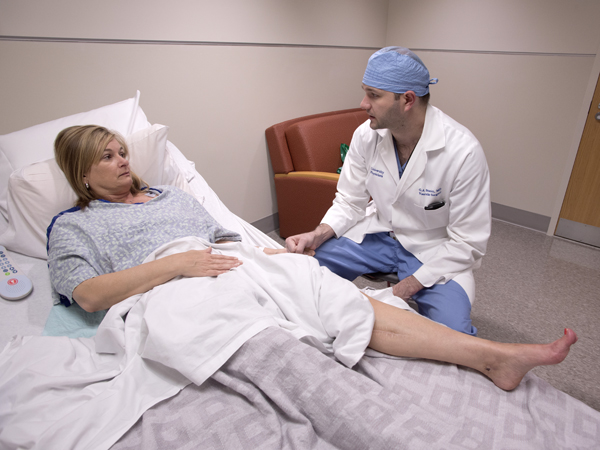
|
|
|||||||||||

UMMC surgeons' goal: limb salvage, not amputation

Exercise helps agencies coordinate thunderous response to WMD threats

D2 elected to national leadership position

|
||||||||||||
|
||||||||||||

|
||||||||||||

|
|
|||||||||||

UMMC surgeons' goal: limb salvage, not amputation

Exercise helps agencies coordinate thunderous response to WMD threats

D2 elected to national leadership position

|
||||||||||||
|
||||||||||||

|
||||||||||||